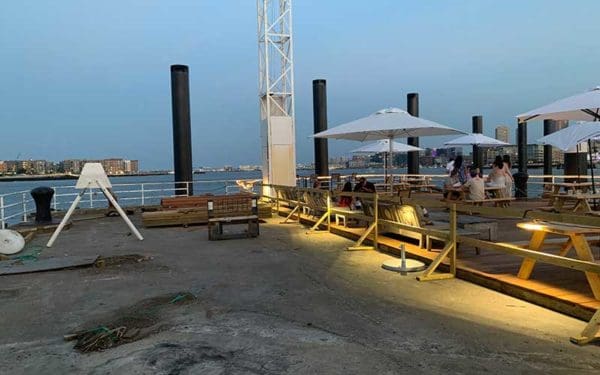State Leaders Must Test Pesticides for Toxic Forever Chemicals Now
Toxic PFAS have been found in some pesticides – where they’re not supposed to be. We’re demanding state leaders take immediate action to curb this toxic threat.

Toxic PFAS have been found in some pesticides – where they’re not supposed to be. We’re demanding state leaders take immediate action to curb this toxic threat.

“Millions of acres across New England are being blanketed with toxic forever chemicals,” said CLF President Bradley Campbell. “It is all but certain that dangerous PFAS are leaching into groundwater and threatening to poison communities that depend on that water to drink. Leaders across New England need to step up and protect public health by stopping the use of PFAS-laden pesticides until we’re certain they aren’t poisoning our food and water.”

“These regulations impact everyone in Massachusetts, “said Peter Shelley, Senior Counsel at CLF. “The state can’t just rubber-stamp its way out of this problem and ignore the tidelands development principles it broke. The public needs to be involved in every step of this process and officials must offer more than just two public meetings. Access to the waterfront is enshrined in Massachusetts law and it must stay that way.”
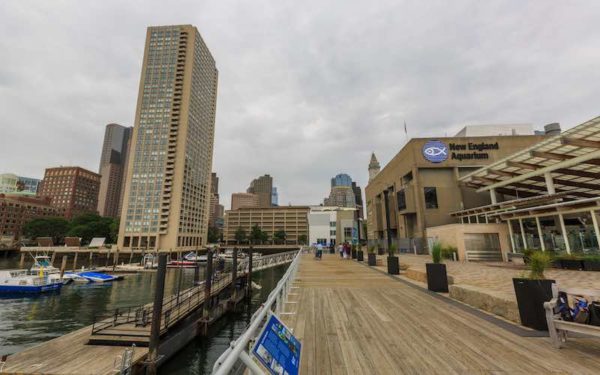
Incinerator emissions are polluting the air and poisoning our communities. The problem is, clean air laws often favor polluters instead of the people they’re supposed to protect.

“The legislature has taken a major step forward to protect communities and firefighters from toxic forever chemicals,” said Jen Duggan, Vice President and Director of CLF Vermont. “PFAS wreak havoc on our health and they have no place in products we use every day. Vermont has the opportunity to lead the nation in protecting people from PFAS, and Governor Scott must sign this bill into law.”
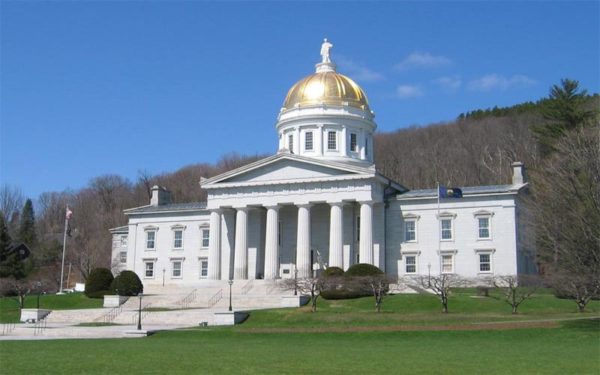
In 2018, CLF sued to prevent the plan from moving forward, and last month, the court ruled in our favor. Here’s what you need to know about that decision and what still is at stake in this critical case.
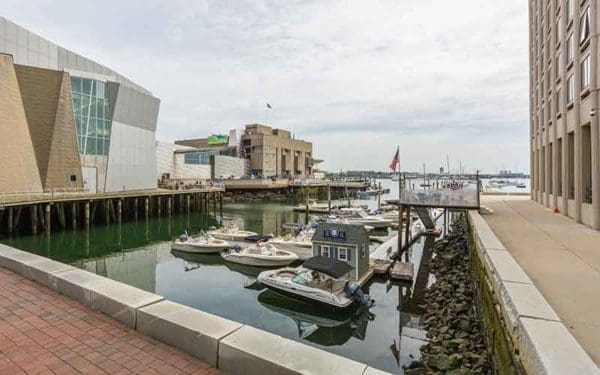
Expanding a landfill’s acreage or the number of tons it buries each year only increases the pollution it emits. That’s why CLF is fighting back against these southern New England landfill expansion proposals.
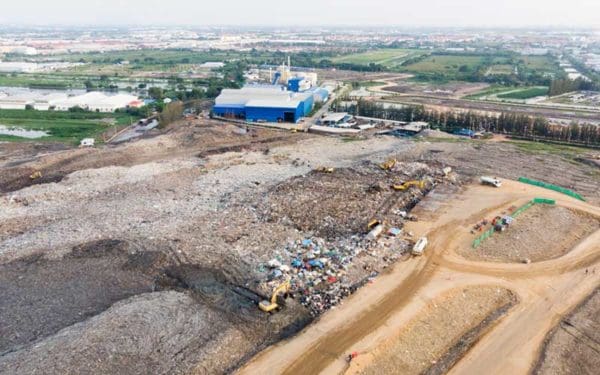
Time and again, corporate waste giants are granted permission to expand their dangerous landfills. CLF is working to stop these Northern New England landfills from getting bigger and harming our communities.
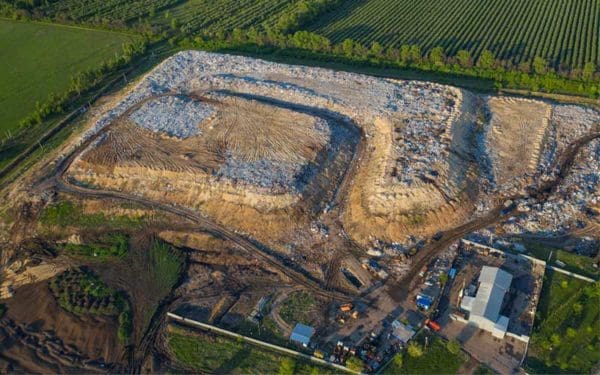
May 4, 2021 (MONTPELIER, VT) – Today, Vermont’s House of Representatives gave unanimous initial approval to a bill that would restrict the sale of consumer products that contain toxic chemicals known as PFAS. After final approval, the bill will head back to the Senate, where they will consider the House amendments. The Senate unanimously approved… Continue reading Vermont Legislature Advances Bill to Ban Forever Chemicals from Products

With life expected to slowly return to some semblance of normal by the summer, we must continue to find ways to promote public health and the economy. But we also must protect the public’s right to access open space along the city’s waterfront.
